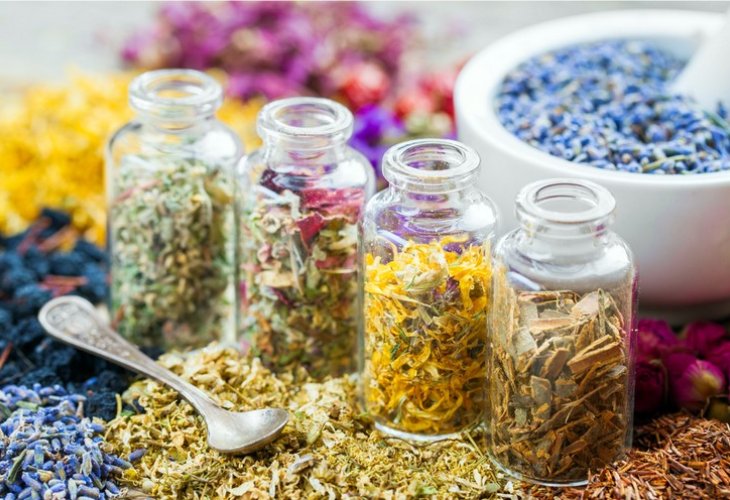Not for Every Woman, and Not All the Time: 10 Fascinating Facts About Herbal Remedies During Pregnancy
Nausea, heartburn, shortness of breath, early contractions, and other issues can arise during pregnancy, prompting many women to turn to alternative medicine such as aromatherapy oils, herbal remedies, Shiatsu, and homeopathy. Here are some facts to shed light on the topic, providing pregnant women with the best options to navigate this period safely and healthily for themselves and their baby.

- The use of various herbal remedies existing today (around 250 in number) is done in different versions and includes all parts of the plant, including the bark.
- Many herbs sold in health stores today have received scientific approval for their healing properties, after examining their active ingredients, among other uses for preparing synthetic medicines.
- Before purchasing a specific herbal supplement for strengthening during pregnancy, it is important to consult with a family doctor and ensure that the herbs are indeed safe for use at each stage of pregnancy.
- There are herbs that are strictly forbidden for use during the first trimester of pregnancy for various reasons related to their properties: some herbs are too warming, too cooling, sedative, stimulating, and some even expedite or delay labor.
- For most pregnant women suffering from constipation, it is not recommended to use laxative herbs to alleviate the condition, as such herbs encourage intestinal contractions that can also lead to uterine contractions – a situation accompanied by pains similar to labor.
- Red raspberry and nettle are two medicinal herbs recommended by most doctors worldwide for treating and strengthening pregnant women.
- Some doctors claim that raspberry in its varieties 'specializes' in strengthening pregnant women, not just red raspberry, as all types contain a large amount of essential vitamins such as A, E, C, and B complex.
- Raspberry helps strengthen uterine and pelvic muscles, encourages fertility, stops bleeding, prevents miscarriages, encourages effective contractions, reduces pain during and after childbirth, assists in post-birth uterine contraction, and encourages milk production for nursing mothers.
- Despite the stinging leaves of nettle, this plant is considered rich and particularly beneficial for pregnant women – thanks to the fact that it is non-toxic, and its consumption not only poses no risk but significantly improves quality of life. It is so renowned that in holistic medicine, it is compared to an 'adaptogen' plant – meaning one that is beneficial for multidisciplinary issues.
- Nettle is known to contribute to strengthening kidney functions, helping increase fertility, and its variety of vitamins and minerals contribute to strengthening and nourishing the mother and her baby.

